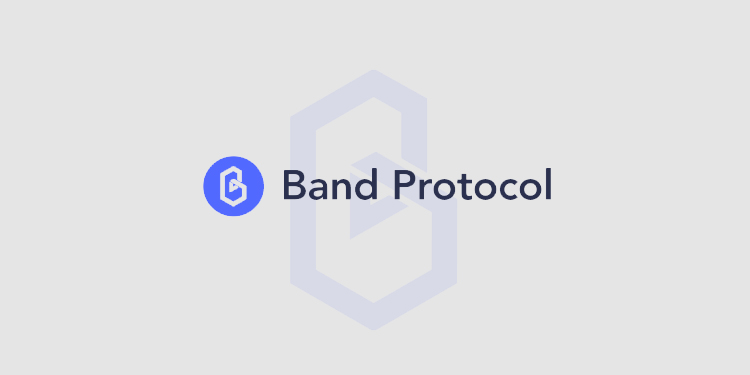Band Protocol, a secure and scalable decentralized oracle network for blockchain apps, announced today the upcoming alpha release of Band Protocol 2.0, the next iteration of its oracle solution. The release will come months ahead of the originally planned schedule.
The alpha 2.0 release will be part of the roll-out of a new Band Protocol 2.0 mainnet on its decentralized data delivery network (D3N), an independent Cosmos-based blockchain for data requests and payments. Furthermore, a new oracle design allows for more flexible data queries from public/permissioned APIs, supports various payment methods, and facilitates personal information sharing between users and off-chain services without compromising on security.
A new staking model and reward mechanism are included as part of the 2.0 alpha release. The Band Protocol team is releasing the implementation of D3N in four phases. For the full oracle design, check out the living doc for Band Protocol 2.0. D3N is available for public inspection via a public GitHub repository. The Band Protocol 2.0 alpha supports data requests for public APIs plus cross-chain compatibility with the Ethereum network and EVM-compatible smart contract platforms.
“During the past couple of months, our team has analyzed the feedback from working with multiple partners. We decided to prioritize the development and accelerate the release schedule to better support a growing number of DeFi, gaming apps, & enterprise use cases on the blockchain, as well as to address the increasing demand for oracle solutions for dApps across multiple blockchains.”
– The Band Protocol Team
Alpha Testing
Developers can start hacking and experimenting with Band Protocol 2.0 testnet right now. This initial release has all the features the current Band Protocol on Ethereum has and beyond. D3N enables 3rd-party dApps to get the price information of any cryptocurrency, stock, or commodity available on the traditional web. Data queries are also available from any public OpenAPI endpoint such as secure random number generator, cross-chain events, and more.
